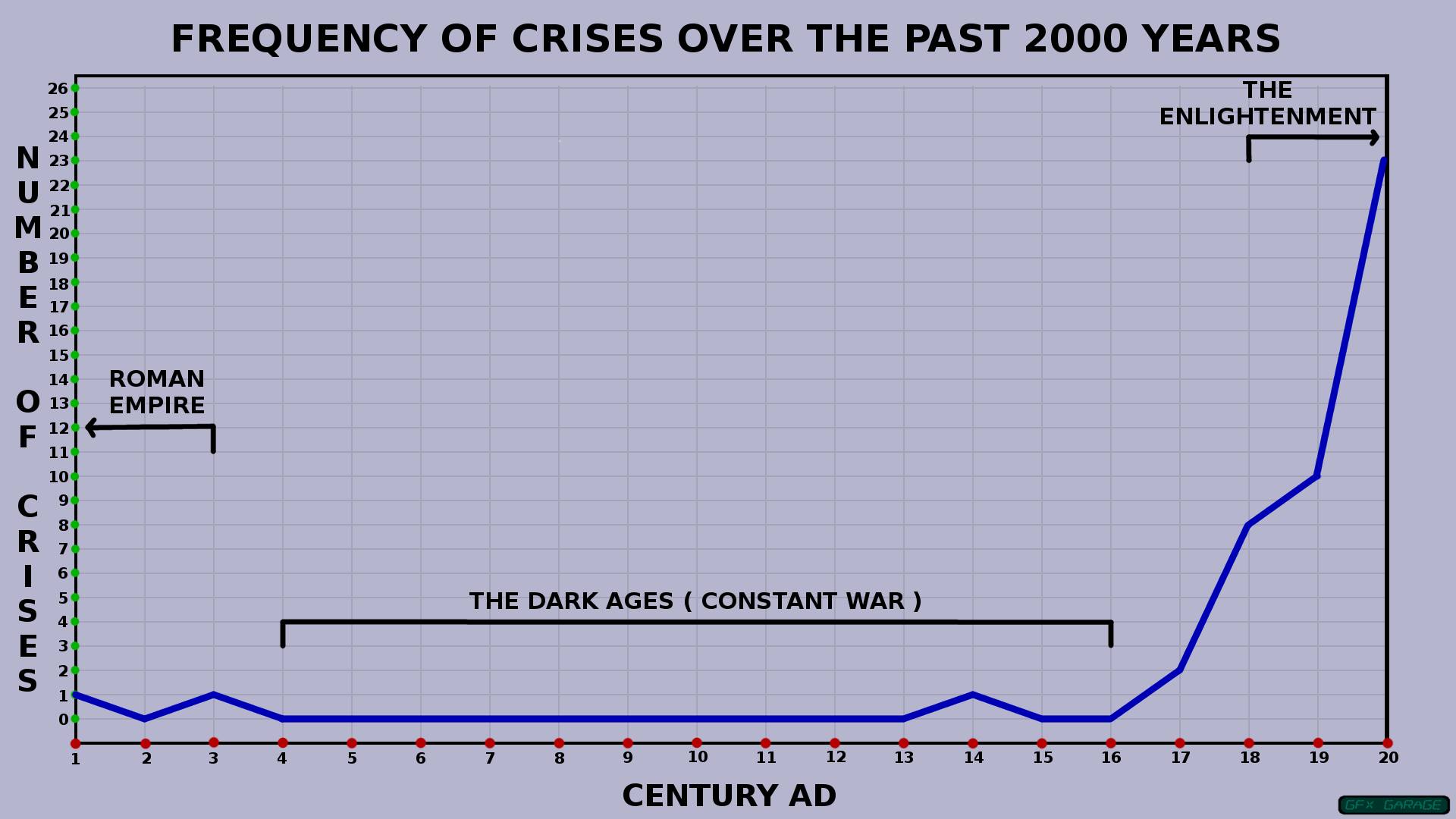Systemic dictatorship exists beyond our dogma concerning how people in general should be treated. We find ourselves playing game theoretical games when we might actually be capable of producing long term solutions. By judging our ideologies by theoretical basis, we can at least move forward; rather than being stuck in an economic cycle that is known for aggregating access into the hands of the more sociopathic members of society. This is important because of the degree of suffering that it causes.
Humans have evolutionary predisposition to contend with. Nature has the answers in it’s own systemic dictatorship. It eventually boils down to basic biological requirements and needs for security; physical and mental. Population growth is already producing a very intense level of environmental pressure.
That’s just it. Systemic dictatorship is probably a maximally coherent view of natural systems. There is an extremely important point there though. It’s demonstrated by considering how we got here. The short story is that entropy (which is the most prevalent form of interaction) produced novel emergence (in human understanding and production of technology) that resulted in disruption of normative function. This is how I see the emergence of civilization. Though it is out of character at the moment, it’s likely to be swayed by normative pressures. It was indeed human ideology and hubris that created this problem to some degree though. Those who could make the grasses grow and build mountains were considered gods; and probably even believed that. That hubris still exists in the notion that humans can control the environment that we ourselves are merely a product of.
From a zoomed out, general systems view, we are constantly running for our lives, from abrupt extinction, with no successor. This novelty is to be normalized with or without us. There is no similarity in the risks that are posed by not giving due to normative function. Many of the most concerning problems that we face are extinction and existential risk factors. We could actually take the entire biosphere down with us. We have already created mass extinction level events that are easily supported, with hard evidence. Anthropogenic, climate change is only one of them. We also have to be concerned with the probability of asteroid strikes, nuclear war, the expansion of the sun upon it’s death and eventually the heat death of the universe.
There is perspective to consider however. Evolutionary predisposition isn’t the only human motive to consider. It’s often quality of years lived vs quantity. We are eventually, similarly fucked; but not necessarily because of ideology.

 .
.